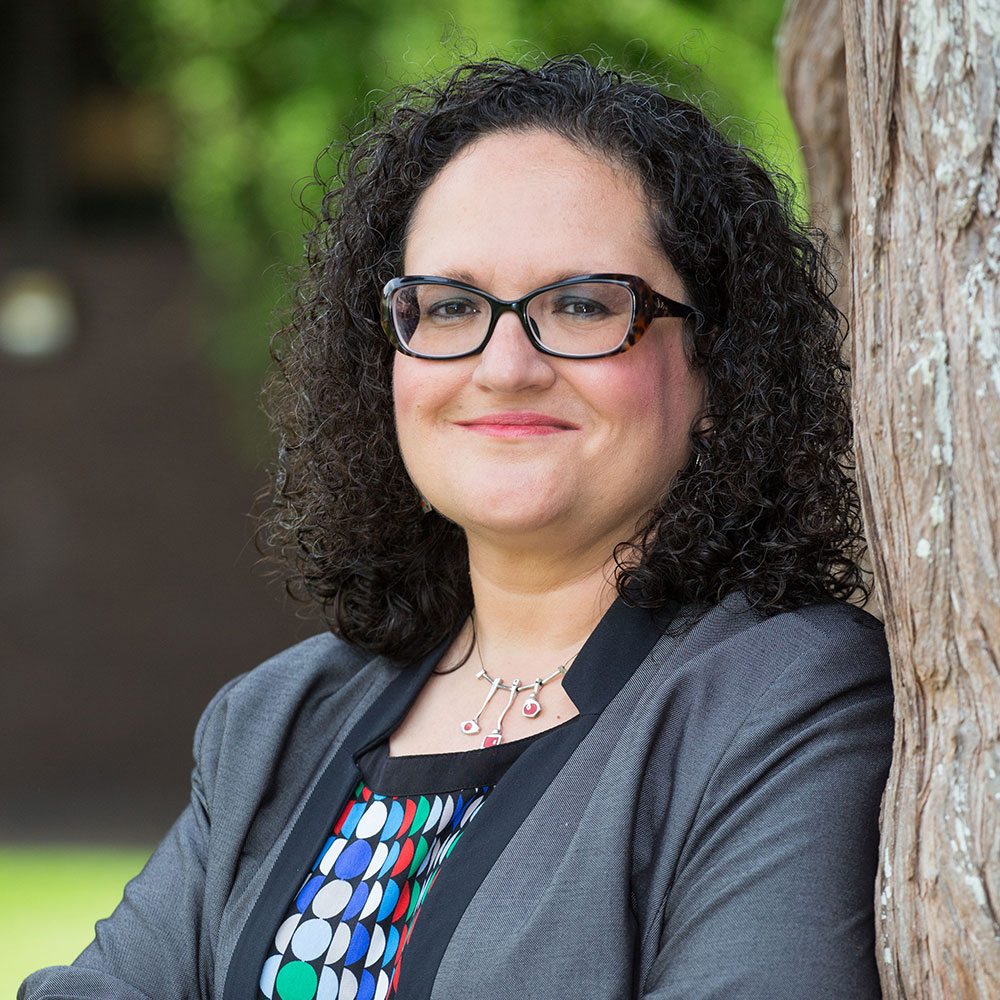Talk Title: Chemistry Education for the Post-Pandemic Era: Towards a Holistic Account of Chemistry in Secondary Schools
Sibel Erduran is a Professor of Science Education and Fellow of St Cross College at University of Oxford, United Kingdom. She is also Professor II at University of Oslo, Norway. She is the President of the European Science Education Research Association; Editor-in-Chief of Science & Education and an Editor for International Journal of Science. Her work experience includes positions in the USA, Ireland as well as the UK. Her research interests focus on the infusion of epistemic practices of science in science education and she has a keen interest in the professional development of science teachers. Her work on argumentation has received international recognition through awards from NARST and EASE. She is currently working on two funded projects: FEDORA (EU Horizon 2020) and SciKids (UAEU). Her books published in 2019 are entitled Argumentation in Chemistry Education: Research, Policy and Practice (Royal Society of Chemistry) and Transforming Teacher Education through the Epistemic Core of Chemistry: Empirical Evidence and Practical Strategies (Springer).
Chemistry Education for the Post-Pandemic Era: Towards a Holistic Account of Chemistry in Secondary Schools
Professor Sibel Erduran
University of Oxford
United Kingdom
Abstract
What is chemistry? How do we know what chemistry is about? These are fundamental questions that have preoccupied chemists, philosophers and educators alike for decades. Currently in the Covid-19 pandemic context, it has become critical for not only science students but also the general public to understand how chemistry works. For example, how do chemists know about concentration and diffusion of particles? What methods enable them to make claims? How do they validate and disseminate their knowledge? An area of research in science education called Nature of Science (NOS) addresses questions about science, and it has gained significant attention for several decades. It is a subject that has infiltrated curriculum policy documents, such as the new Next Generation Science Standards in the United States, being promoted in teaching and learning of science in secondary schools. The presentation will outline some of the recent debates in the science education research community on NOS and highlight some empirical investigations on how students’ and teachers’ understanding of what science is about can be enhanced, particularly in the context of chemistry teaching and learning. Furthermore, the presentation will share some research from the funded FEDORA and SciKids projects. Some results and implications for chemistry education will be discussed particularly in relation to about how chemistry teacher education programmes can infuse more coherent and holistic accounts of NOS.

